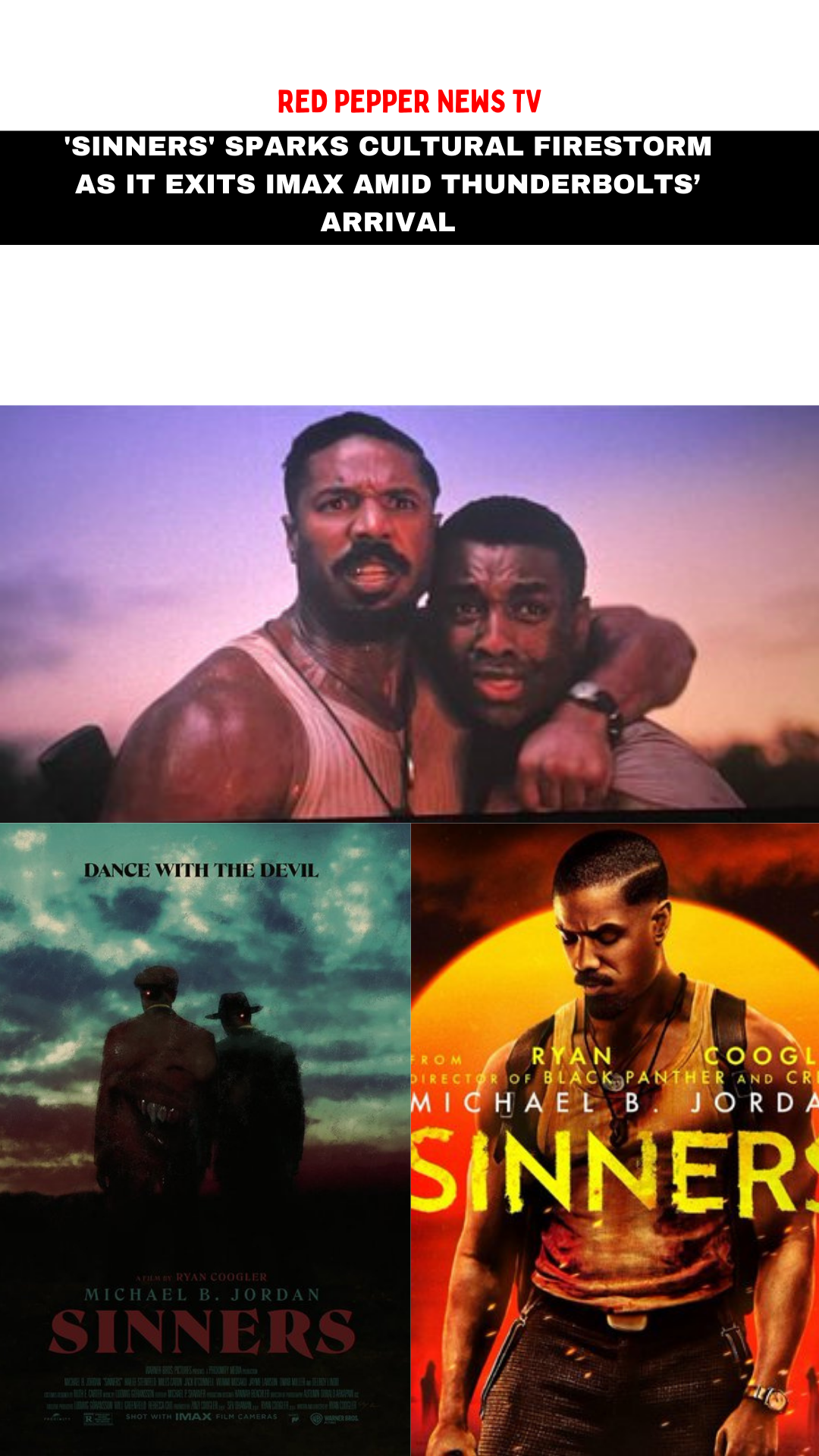Ryan Coogler’s groundbreaking new film Sinners has done more than just dominate the box office—it has ignited a nationwide cultural conversation. The movie, which has earned both widespread critical acclaim and impressive commercial returns, is now making its way off IMAX screens to make room for Marvel’s upcoming blockbuster Thunderbolts.
However, the transition hasn’t gone unnoticed. As Sinners vacates premium cinema slots, a spirited debate has erupted online and in cultural circles. Supporters hail the film as a visionary masterpiece that redefines representation in Hollywood, applauding Coogler’s bold storytelling and the nuanced portrayal of complex cultural identities. For many, Sinners is a cinematic triumph that speaks directly to issues of identity, spirituality, and historical trauma—topics rarely addressed on such a grand scale.
But not everyone is on board. While some celebrate the film’s success, others have taken to social media to accuse it of cultural appropriation and misrepresentation. Critics argue that certain elements of the narrative exploit marginalized experiences for entertainment, reigniting longstanding tensions about who gets to tell whose stories in mainstream media.
The controversy surrounding the film’s IMAX exit has only amplified these discussions. Fans of Sinners have voiced disappointment, suggesting that pulling the film from premium formats prematurely minimizes its artistic impact. Some have even questioned whether the decision reflects deeper industry biases, particularly when a film centering diverse voices is sidelined for a more traditional superhero fare.
Still, the legacy of Sinners appears to be firmly cemented, regardless of format. Whether hailed as a masterpiece or criticized for its narrative choices, it has clearly struck a nerve—challenging audiences to rethink how culture is portrayed, consumed, and commodified on screen.
As Thunderbolts prepares to take over IMAX screens, Sinners leaves behind more than an empty theater seat—it leaves a lingering question: whose stories are truly being heard in Hollywood?



